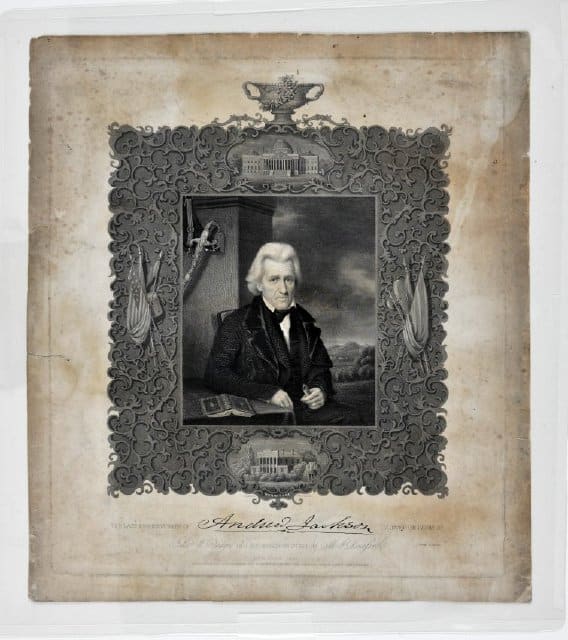

According to von Frank, the Burns trial sparked a "pocket revolution" that not only created a much more favorable reception to the ideology of abolitionism and a widespread embrace of its milder form, political antislavery, but also led to the final disintegration of the Whig party. Voluble descendants of American Revolutionaries asserted that that freedom so dearly won was being seriously compromised by southern domination of both national and now, northern state law. Many sermons and speeches were made contrasting Boston's historic commitment to freedom in the Revolutionary era with its current role as jailer of runaway slaves. Prominent Massachusetts ministers and politicians called for the liberation of Anthony Burns, and denounced the law that clearly turned freedom-loving northerners, and particularly Bostonians, into slave catchers. Partisan ramifications were important as well. Indeed, Burns's lawyers, led by the distinguished Richard Henry Dana, Jr., viewed the case as a perfect opportunity to challenge the provisions of the FSA, and although they lost in the courtroom, they won in the court of northern opinion. This sentiment, embraced by many Democrats and most Whigs, rejected the strong unionism of the recently deceased Massachusetts Senator Daniel Webster, a principal architect of the Compromise of 1850 and firm supporter of the hated Fugitive Slave Act. Von Frank contends that the disturbances preceding the trial, the legal debates within and without the courtroom over the definition of freedom and its opposite, and the shameful spectacle of Burns's re-enslavement, turned Boston, and Massachusetts, into a hotbed of antislavery sentiment. Higginson was just one of many abolitionists influenced by the radical and liberating message of transcendentalism, as von Frank ably documents.
#Disintegration of the whig party free
Thoreau explained his ideas on the role of government in "Civil Disobedience": "There will never be a really free and enlightened State until the State comes to recognize the individual as a higher and independent power, and treats him accordingly." Outraged after witnessing Burns's return to slavery backed by the laws and force of the United States government, Thoreau declared, "The law will never make men free, it is men who have got to make the law free" (p.

While Emerson was never arrested for following his own precepts, his neighbor in Concord and fellow transcendentalist Henry David Thoreau did spend a night in jail for his beliefs. This is the compensation of bad government, - the field it affords for illustrious men" (p. When the American government and courts are false to their trust, men disobey the government, put it in the wrong. Higginson obeyed Emerson's commandment: "When the public fails in its duty, private men take its place.

Later, he would serve as one of the "secret six" who supported the illegal activities of John Brown. For example, Emerson admirer and abolitionist minister Thomas Wentworth Higginson risked his life and his family's welfare when he helped to lead the riot to free Anthony Burns at the door of the Boston Court House. By doing so, Emerson and his circle (who generally eschewed overt political involvement) inspired the actions of readers to liberate humans from all fetters, and oppose the evils of slavery, even if it meant breaking the law. Emersonian transcendentalism empowered the individual over the institution, and celebrated the goodness inherent in all men, black and white. This linking of thought and action makes for a complex and interesting examination of the private sources animating public behavior. Von Frank argues that there is a well-documented link between the transcendental philosophy of Ralph Waldo Emerson and the actions of many of the principal figures in the trial controversy. This book, based on a wealth of sources - including newspapers, memoirs, letters, diaries, journals, and legal documents - is a welcome addition to the revisionist literature on the abolitionist movement, and a reminder of the remarkable role of Boston as a center for abolitionism and antislavery activity before the Civil War. von Frank's superb rendering of the ensuing trial of Burns restores the episode to its rightful place as an important event in the march to disunion and deftly interweaves intellectual, legal, cultural, and political history to make his case. Historians have traditionally focussed on the consequences of the former, while relegating the latter to a few paragraphs or a footnote in the tumultuous history of the 1850s. The Kansas-Nebraska Act was passed in Washington, D.C., and a fugitive slave from Virginia named Anthony Burns was arrested by a federal marshal as he walked down a Boston street. On two events occurred which dramatically shaped the future of the union.


 0 kommentar(er)
0 kommentar(er)
